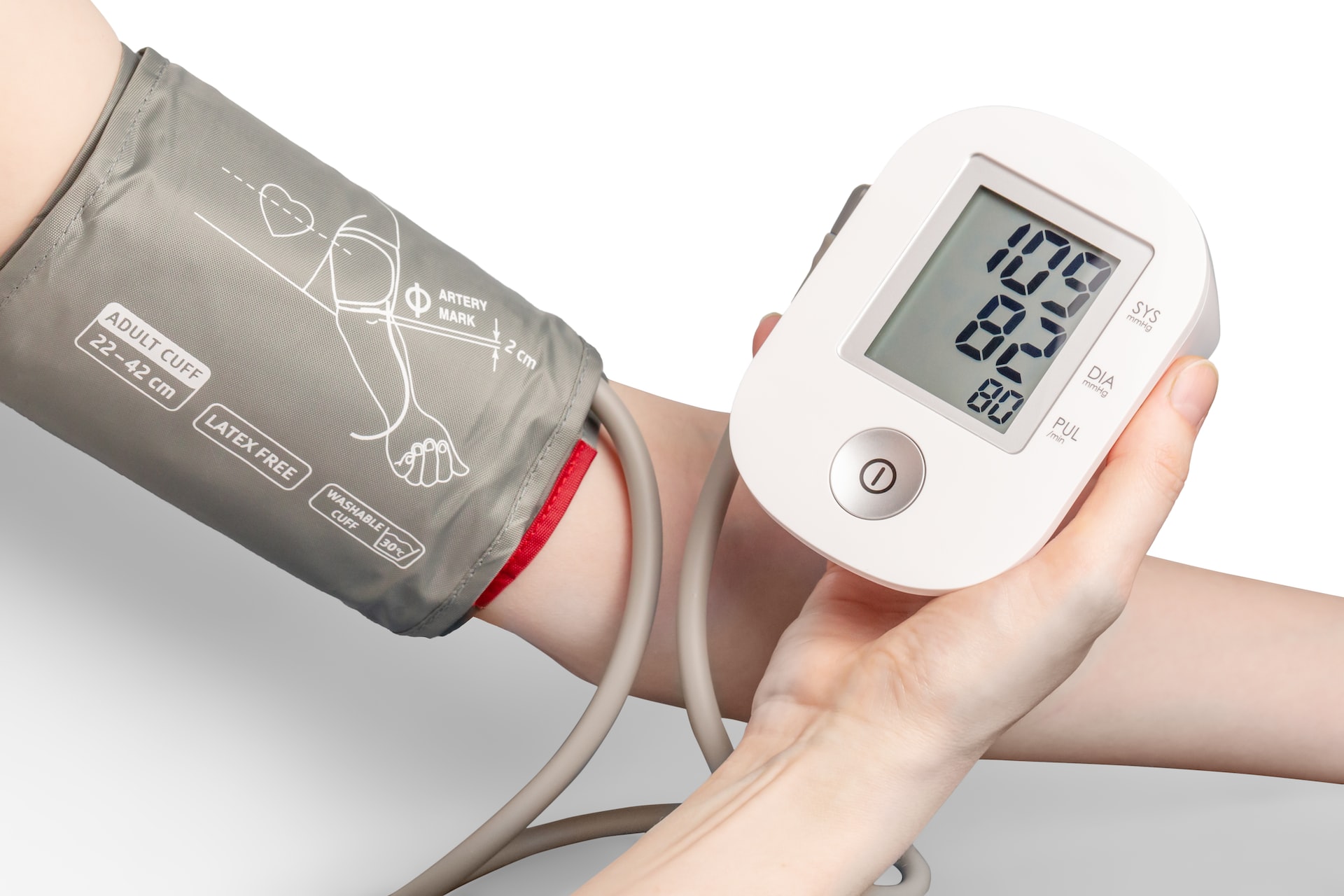High blood pressure is often called the silent killer; it rarely has obvious symptoms but can do serious damage to important parts of the body. It is a very common condition, and for many people, it can be easily managed or even reversed with good lifestyle changes and medications when needed.
Because it is so hard to know if you have high blood pressure, getting tested regularly is a good idea – particularly if you have a family history of the condition. You can get a blood pressure test in many pharmacies, supermarkets or from your GP. You can also invest in your own blood pressure monitor to take readings at home. It is essential to know what you should do – and avoid – if you have high blood pressure.
Contents
Begin A Consistent Exercise Routine
Your doctor will often recommend exercise as a first measure to help you get high blood pressure under control. It is important to consult with your doctor before beginning any new exercise and ensure that it is suitable for the level of high blood pressure you’re experiencing. Simple aerobic activities are often best when trying to reduce your blood pressure, including things like:
- Walking
- Jogging
- Yoga
- Cycling
Cut Back On The Salt In Your Food
Salty food can be a major contributor to high blood pressure and other serious health conditions. Your doctor will normally work with you to help you make a meal plan that reduces your overall salt intake. You could also consider visiting a nutritionist or dietician to help you make you cut back on salt. Some easy steps include:
- Not adding salt to your food
- Checking nutrition labels before you eat
- Avoiding fast food
Get Regular Check-Ups
Monitoring your blood pressure level is the best way to determine if the condition is improving. There are blood pressure monitors you can use at home, but often the best way to get an accurate reading is by getting one from a healthcare professional. You could consider finding a heart specialist to consult with for your heart health concerns, like the professionals at Expert Cardiologist. This can give you much-needed peace of mind knowing your heart health and blood pressure management are in excellent hands.
Reduce The Stressors In Your Life
Stress can contribute to high blood pressure in the long term. Stress is a normal part of daily life, and it is not usually possible to eliminate it entirely from our lives. However, finding ways to combat your stress over time can help with your blood pressure.
This might involve switching jobs – or even careers – and getting more help with childcare. You could also practice stress-relieving activities like meditation, mindfulness and yoga to help you manage stressful times better. And if you have young kids, looking after them whilst trying to juggle work or anything else you’ve got going on can be stressful. Consider enrolling them into high quality preschool child care in Bel Air, MD (or elsewhere more relevant), as this can take a weight off your shoulders whilst also ensuring they’re developing key skills which will help them later in life, which itself can give you some peace of mind.
Summary
For many people with mild to moderate high blood pressure, simple lifestyle changes can be enough to reverse the condition. With more extensive high blood pressure, it can often be managed effectively with a combination of lifestyle change and medication.
Being diagnosed with high blood pressure can feel scary, but it is vital to remember that this is a condition that many people effectively manage every day. Work with your doctor to find the right combination of treatments and lifestyle changes to ensure that your high blood pressure doesn’t have a lasting impact on your health and quality of life.



